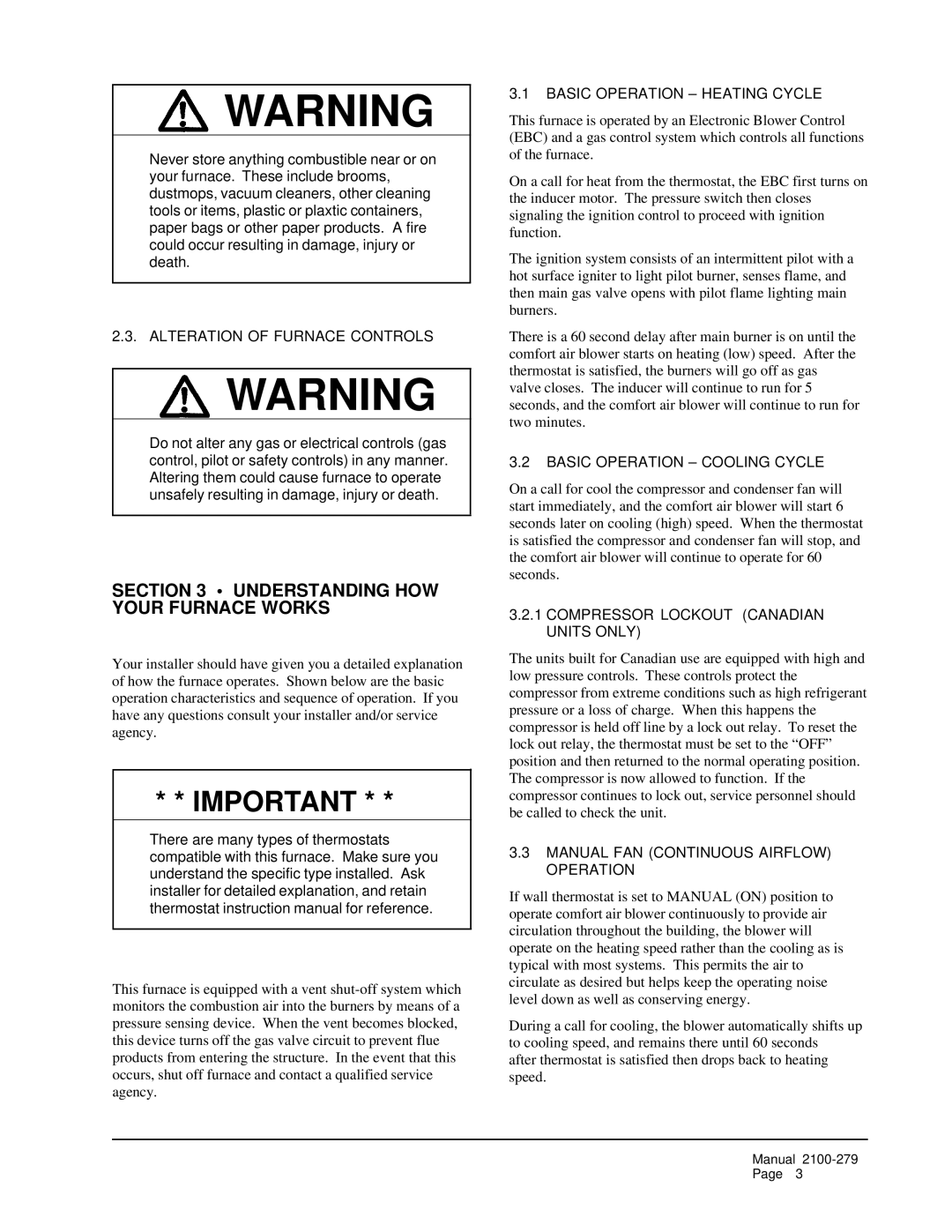43506 specifications
The 3Com 43506, also known as the 3Com SuperStack 3 Switch 4400, is a robust networking solution designed for small to medium-sized enterprises that require a reliable and efficient way to manage their network traffic. This managed switch offers a variety of features and technologies that cater to both performance and flexibility, making it a popular choice in the industry.One of the standout features of the 3Com 43506 is its ability to support Layer 2 and Layer 3 switching. This means that it can efficiently manage data packets at both the data link and network layers, ensuring optimal traffic management and routing. This versatility is essential for organizations that need to segment their networks and control the flow of information between different departments or units.
The 3Com 43506 utilizes advanced switching technology that includes high-speed Ethernet connections, specifically 10/100/1000 Mbps rates on all ports. This enables the switch to handle large volumes of traffic without bottlenecks, making it ideal for bandwidth-heavy applications such as video conferencing or large file transfers. With its multiple Gigabit Ethernet ports, users can also connect high-performance servers and storage devices directly to the switch, enhancing overall network speed and reliability.
Quality of Service (QoS) is another significant feature of the 3Com 43506. This technology allows network administrators to prioritize certain types of data, ensuring that critical applications receive the bandwidth they need for optimal performance. For organizations that rely on voice-over-IP (VoIP) or real-time video services, QoS is invaluable for maintaining clear audio and video quality.
In terms of management, the 3Com 43506 offers comprehensive support for Simple Network Management Protocol (SNMP) and web-based management interfaces, providing network administrators with the tools to effectively monitor and configure the switch. The device also supports virtual LANs (VLANs), which enhance network security and efficiency by allowing the segmentation of network traffic.
Moreover, the 3Com 43506 is designed with reliability in mind. It features dual power supply support for redundancy, ensuring continued operation even in the event of a power failure. Its fanless design contributes to quiet operation, making it suitable for deployment in office environments where noise levels must be kept to a minimum.
Overall, the 3Com 43506 is a versatile and feature-rich switch that meets the demands of modern networking environments. Its combination of performance, advanced management features, and reliability makes it an excellent choice for businesses looking to enhance their network capabilities.

